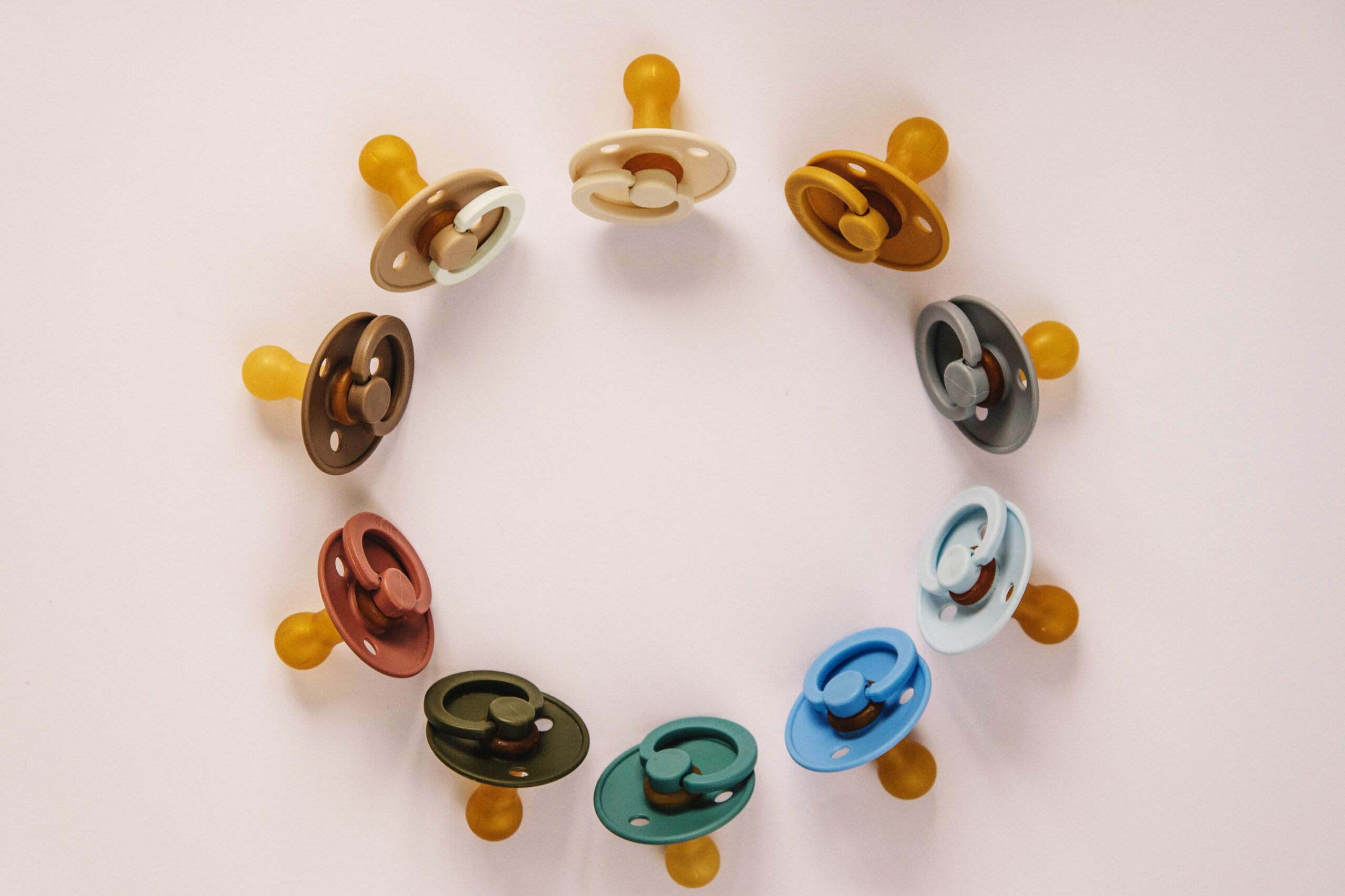In short, yes. While thumb sucking or pacifier use is one of an infant’s natural reflexes, prolonged sucking can exert force on the teeth and jaws. If your child sucks a thumb, finger, pacifier, or lips, their teeth or jaw growth may be affected (some bone changes can actually occur as early as 18 months).
Common orthodontic problems caused by prolonged thumb sucking or pacifier use can include:
- Protruding front teeth: front teeth that stick out (“buck” teeth). Protrusive front teeth may make it hard to comfortably close the mouth and lips, cause speech problems, and make them more susceptible to trauma.
- Open bite: when the upper and lower front teeth do not overlap, which can create swallowing or speech problems.
- Crossbite: upper teeth that fit inside the lower teeth. If not corrected, the jaw can shift to one side causing lopsided jaw growth.
What to do if you notice prolonged thumb sucking or pacifier use
Consult your AAO orthodontist. They will be able to identify any orthodontic related issues caused by the oral habit and can offer early treatment options to help your child break the habit and correct any problems that may have occurred. Orthodontists have been specifically trained in dentofacial orthopedics. In other words, they can help jaws grow and develop in better positions.
Seeing an AAO orthodontist at a young age will allow them to help your child:
- Correct harmful oral habits
- Guide jaw growth
- Lower the risk of trauma to protruded front teeth
- Guide permanent teeth into better positions
This blog is reposted from: https://www.aaoinfo.org/blog/can-pacifiers-and-thumb-sucking-affect-my-childs-teeth//

